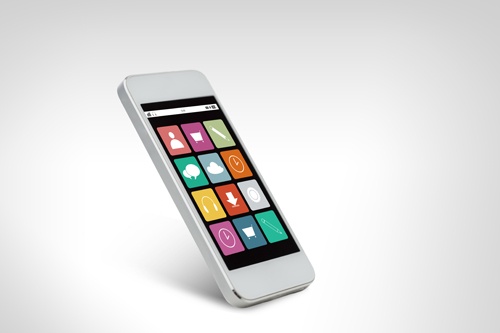
There’s a new term creeping into the CRM lexicon: social CRM. Social CRM refers to using your CRM system to engage with customers through their favorite social media channels. It’s integrating CRM into both traditional sales and marketing communications, such as email marketing, as well as social media platforms.
Why Social CRM?
Traditional marketing has always been a one-way street. Companies blasted out messages via print, radio or television advertising, and customers responded or they didn’t. The only time companies heard from their customers was when something went wrong and a complaint was received or when an order came in.
Now fast forward to today’s consumers. Today’s consumers expect to connect with their favorite companies and brands on social media channels. Social media isn’t a one-way conversation. It’s moving from a broadcast into a crowded room, where instead of listening to one voice, there are multiple voices chattering at once. Customers can engage with one another as well as with a brand on many social media channels, making it a challenge for companies to maintain and direct their messages.
Five Examples of Social CRM in Action
Even though it’s challenging to manage multiple social media platforms, customers expect you to answer them on social media just as readily as you answer your telephone. Social CRM makes it easier for you to manage multiple social media feeds and respond to customers promptly and personally.
Some examples of how social CRM looks on a daily basis include:
New product launch: As part of your social CRM strategy, you can direct the conversation on each social media platform to address specific points about a new product that appeal to users of your social sites. Manage and monitor campaigns through your CRM dashboard.
Market data: What’s the word on the street? Listening to what your customers are saying about specific products, services, or concerns can be a great use of social CRM for product development and market intelligence. Don’t forget to listen to what they’re saying about competitors’ products and services, too.
Advice: Consumers thinking of purchasing from your company may solicit advice from friends and connections online. You can monitor these conversations and reach out to customers if they’re in your CRM system, offering assistance to help them with their next purchase.
Reputation management: Nobody likes to get a bad review. Managing your reputation online means monitoring and responding quickly to challenges and negative feedback. Use your CRM system to monitor and respond to negative feedback, complaints, and misconceptions.
Future trends: Your social CRM system also helps you track and monitor unexpected future trends among your customers. If everyone is talking about red but you don’t yet offer your widgets in red, think about offering it. Future trends can start on social media as little inklings, followed by major surges of interest. Monitoring, tracking, and monetizing information should be part of your social media CRM strategy.
Humanizing the Company
Social CRM puts a human face on what may have been formerly a faceless company. You’re no longer the big brand; you’re a person behind the brand. Your customer service representatives, marketing, and sales team using the CRM system all become brand extensions by developing a human face behind the company. The interactions your customers have with these people through their social media channels become an important opportunity to evangelize and convert people to your brand.
Upgrade Your CRM System
BAASS Business Solutions is all about helping companies find the best resources for their needs. Whether you need a robust CRM system that includes social CRM or a more streamlined approach, we can help. We work with you carefully and thoughtfully, listening to your needs and creating solutions that solve problems. Contact us today or call 1-888-650-5544 for a consultation and more information about BAASS.
